The internet will generally tell the world that Portugal’s Cristiano Ronaldo has scored the most goals in international football. But it is wrong. The correct answer is Canada skipper and striker Christine Sinclair.
This is just one example of how the online world all too often ignores women sports stars and hides their achievements.
Correct The Internet launched a global campaign in late January which aims to highlight and correct the inaccuracies in internet sporting search results and make sportswomen more visible as a result.
To highlight and correct the inconsistency of searchable facts that disadvantages sportswomen, the organisation teamed up with agency DDB Group Aotearoa and production outfit FINCH, as well as a strong team of supporters and partners ranging from New Zealand Football, the USWNT, Women in Sport Aotearoa, Women in Sport Australia, Fearless Women and Eden Park, as well as the United Nations’ backed ‘Football for the Goals’ and sports marketing consultancy Team Heroine, as well as by several well-known athletes including England Rugby Red Roses star Shaunagh Brown and New Zealand Football Fern Meikayla Moore.
Correct The Internet’s campaign officially launched on Saturday, 21 January at the New Zealand Football Ferns international match against the US Women’s National Team (USWNT) at Auckland’s Eden Park where the initiative’s hero film was shown in the stadium immediately ahead of kick-off.
The campaign rolls out across multiple platforms – amplified by its partners – including extensive social media, OOH, television, radio and PR activity.
The internet has learnt to prioritize male athletes in our search results, even when the facts put sportswomen first. Help us make sportswomen more visible by correcting the internet https://t.co/zVSSzMgh7m@alexmorgan13 @beccaroux @USWNT pic.twitter.com/LuNfnnhISf
— Team Heroine @BexSowden (@Team_Heroine) January 20, 2023
DDB research highlight the problem when planning for a pitch involved a deep dive into the world’s leading footballers. The agency team discovered that while women held many of football’s records, asking simple, ungendered questions online to find facts led to the internet repeatedly and incorrectly placing men ahead of the statistically superior women in its search results.
According to all involved, the campaign was a hugely collaborative process with the team working collectively towards a single goal – correcting the internet to help make sportswomen more visible.
Rebecca Sowden, a founding partner of Correct The Internet and the owner of Team Heroine, is passionate about ensuring the world recognises all sporting heroes and empowering the next generation of sportswomen.
“Many of the world’s leading athletes are women. Many of the world’s sporting records are held by women. But when people search online for factual sporting information about athletes, the results favour the sportsmen, even when the sportswomen have greater statistics,” said Sowden. “Because the internet has learnt our bias many of its search engine results are inconsistent, often favouring men, and change depending on who is searching. Our goal is to empower the next generation of sportswomen by ensuring that when women are the best in the world, the internet reflects that.”
DDB Group Aotearoa Manading Director Liz Knox stated: “There’s no easy way to correct the inconsistencies in search results. However, if people report these issues using each search engine’s inbuilt feedback function, they can be logged and fixed. The problem is, most people aren’t familiar with the feedback function, and recent design changes on some of the larger search engines make it harder to find. So, we built a tool that makes sending feedback simpler. And our campaign is designed to get a global community of people willing to speak up and take tangible action to reverse some of the gender biases that have been ruling our search engines. Success will see a correction of these search results over time.”
“When this came to me, I was beyond excited,” commented FINCH Director Lex Hodge. “The quest for fairness, and the mana/strength to stand up and speak truth to power is so creatively liberating. There is no hesitation, no politics – the girl in the film just wants the truth. And that is what is so chilling – the place we gather information from just isn’t giving us the facts. It was important to me that through the film we gave the internet a feeling of real presence, power in numbers.”
Women in Sport Aotearoa also backed the project and Acting Chief Executive Nicky van den Bos commented: “There couldn’t be a better time for this campaign, with women’s sport in the spotlight more than ever before. The 2022 ICC Women’s Cricket World Cup and the Black Ferns performance in the Rugby World Cup last year, and this year’s FIFA Football Women’s World Cup in New Zealand means internet searches may just be at an all-time high. Let’s ensure the results reflect the facts, not historic biases.”
The campaign was created by a team at agency DDB Group Aotearoa, with additional input from Mediaworks, PHD, Warner Discovery, Phantom Billstickers, TVNZ and the UN Department of Global Communications’ Outreach Division’s Maher Nasser.
Production was handled by FINCH where the team working on the project included Director Lex Hodge, Managing Director/Executive Producer Corey Esse, Executive Producer Rebekah Kelly, Producer Sarah Cook, DOP Gin Loane, Second Camera Ben Rowsell and Art Director Sam Evans.
Casting was handled by Catch/FINCH and the post house for editing and VFX was Atticus where the team was led by Editor Jack Hutchings, Colourist Pete Richie, Lead VFX Artist Stu Bedford. Sound and music was run through Liquid Studios Sound Engineer Craig Matuschka and Composer Peter Van der Fluit.
Comment
With its aim to empower women through the power of sport, Correct The Internet has garnered the support of Football for the Goals (FFTG), a United Nations initiative that provides a platform for the global football community to engage with and advocate for the Sustainable Development Goals (SDGs), Goal 5 of which aims to achieve gender equality and empower all women and girls.
UN’s Department of Global Communications Director of Outreach Maher Nasser said: “With growing reliance on internet search engines to find information, algorithms assume that human biases, conscious and unconscious, are the natural order of things and elevate results that conform with that. Gender equality starts with recognising the biases and challenges faced by women and girls and campaigns like Correct The Internet are a great way to unmask how the same biases have entered the virtual world.”

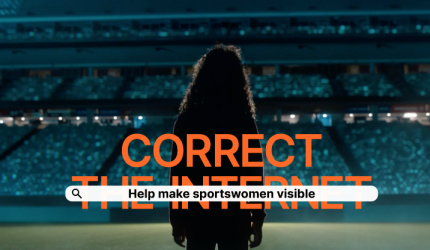
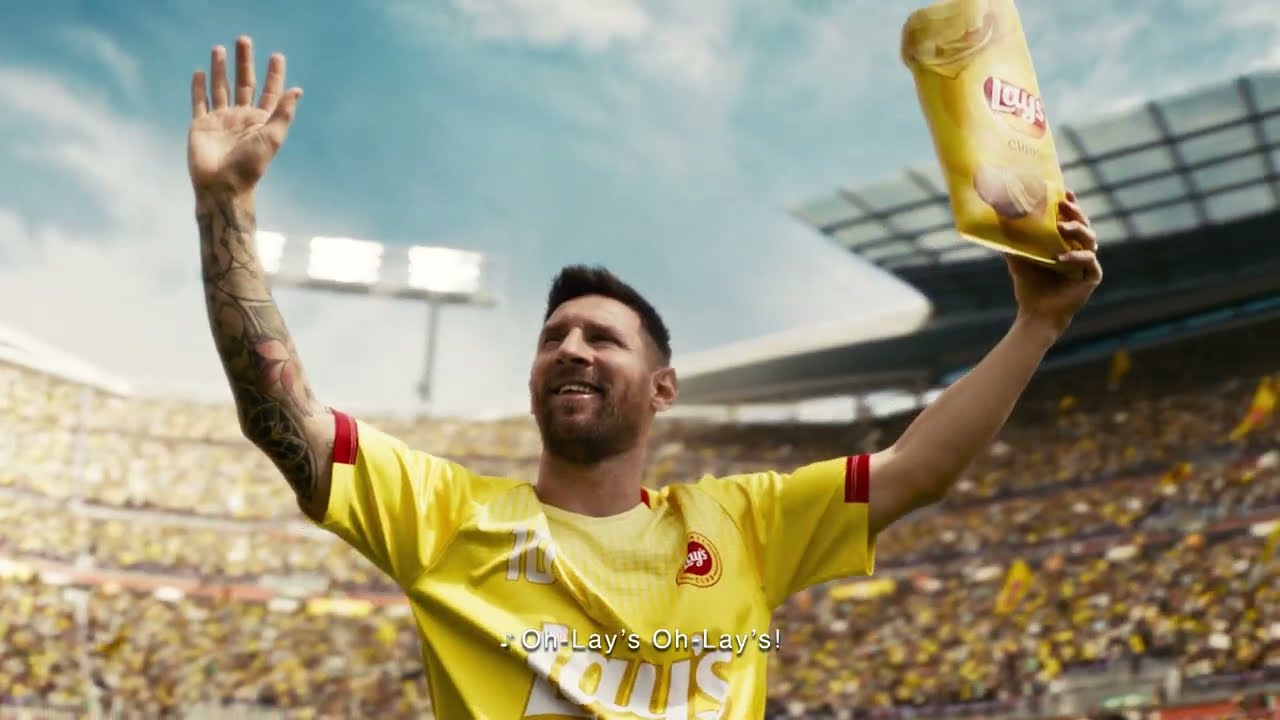

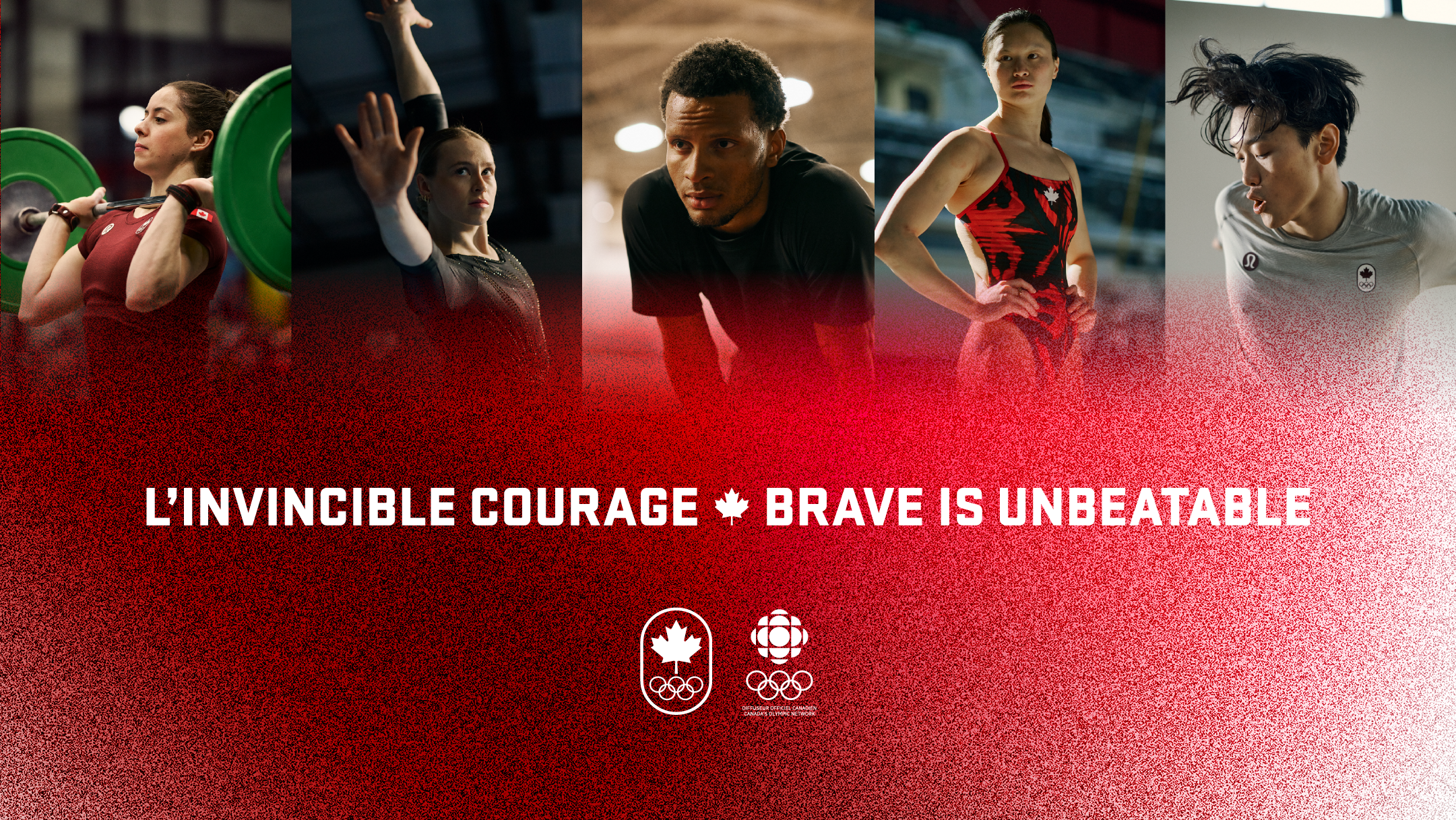
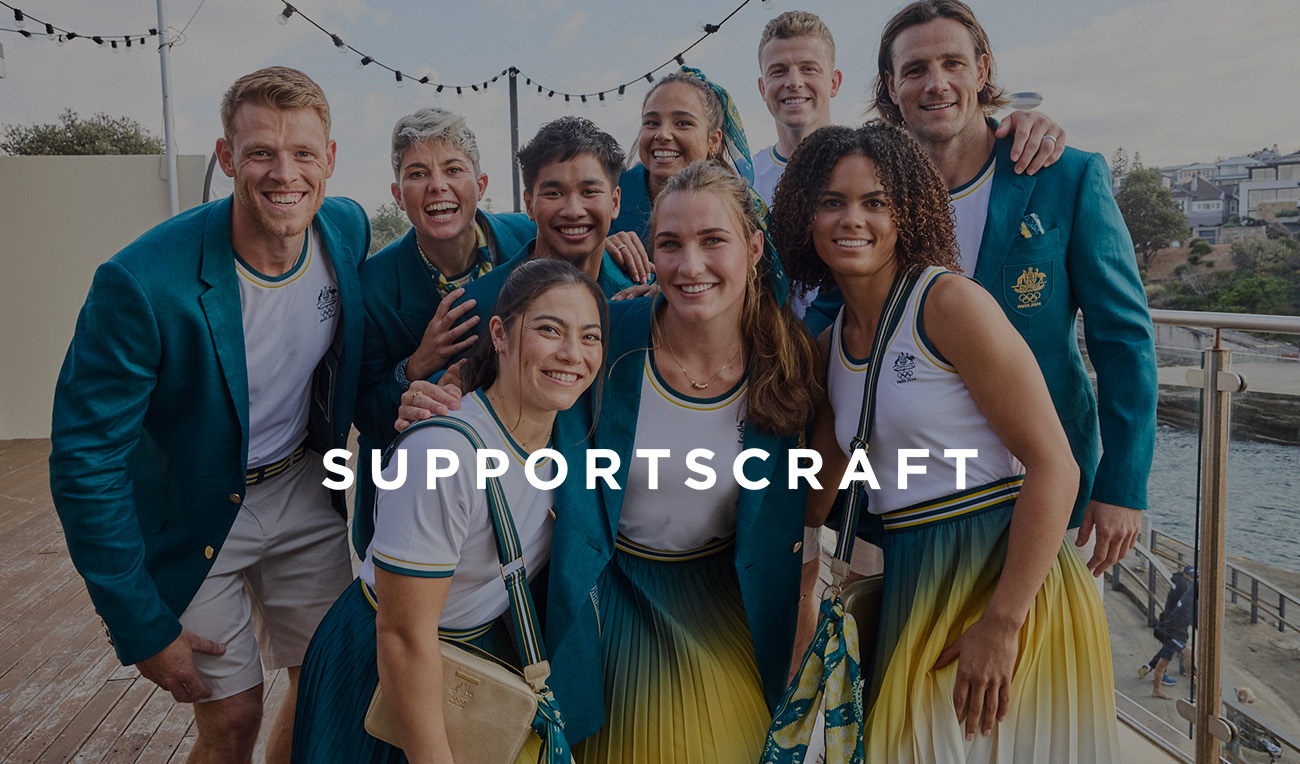
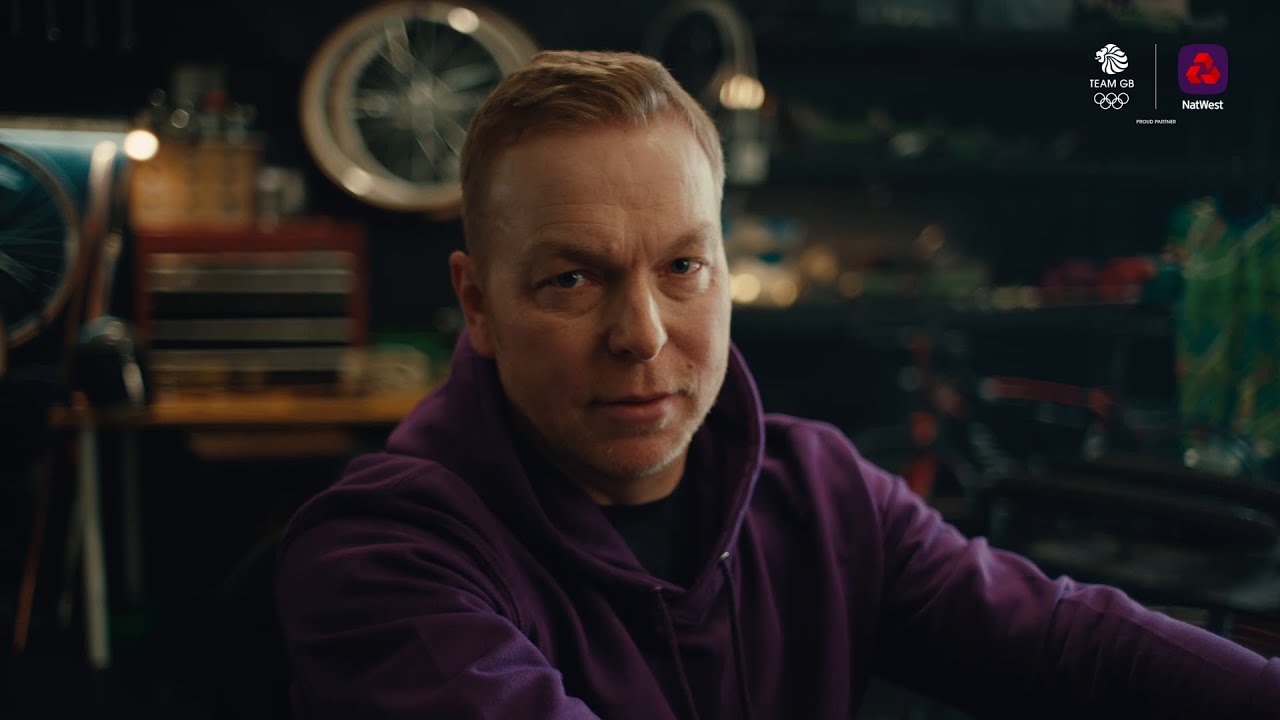
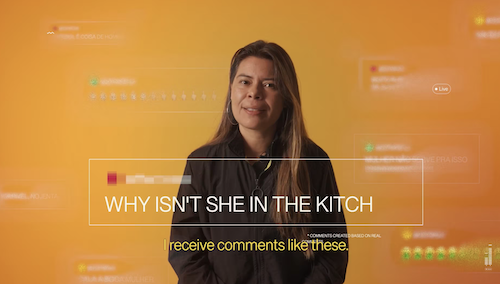
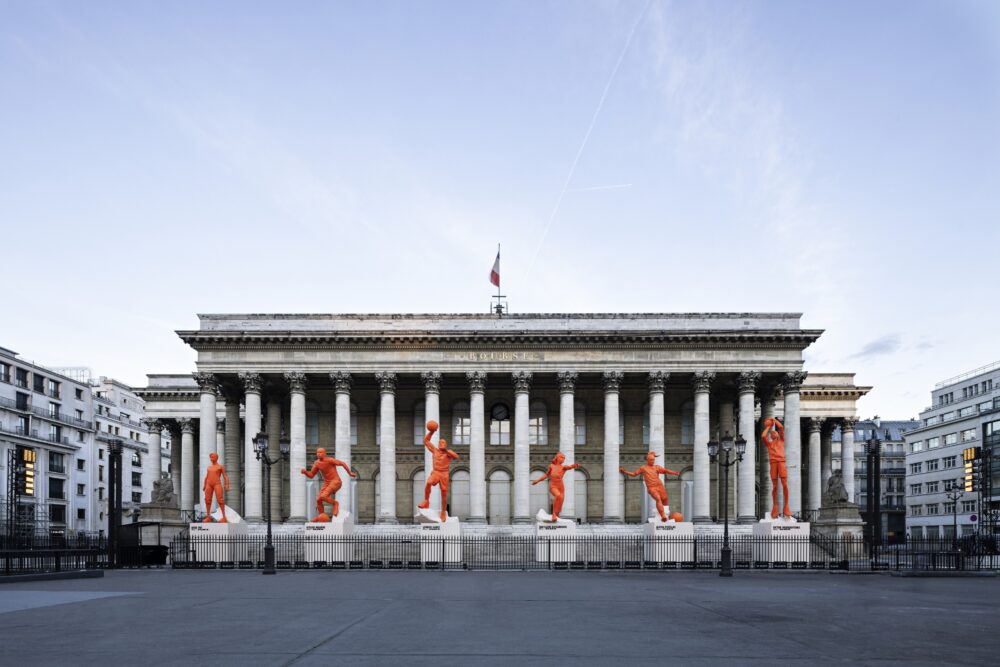
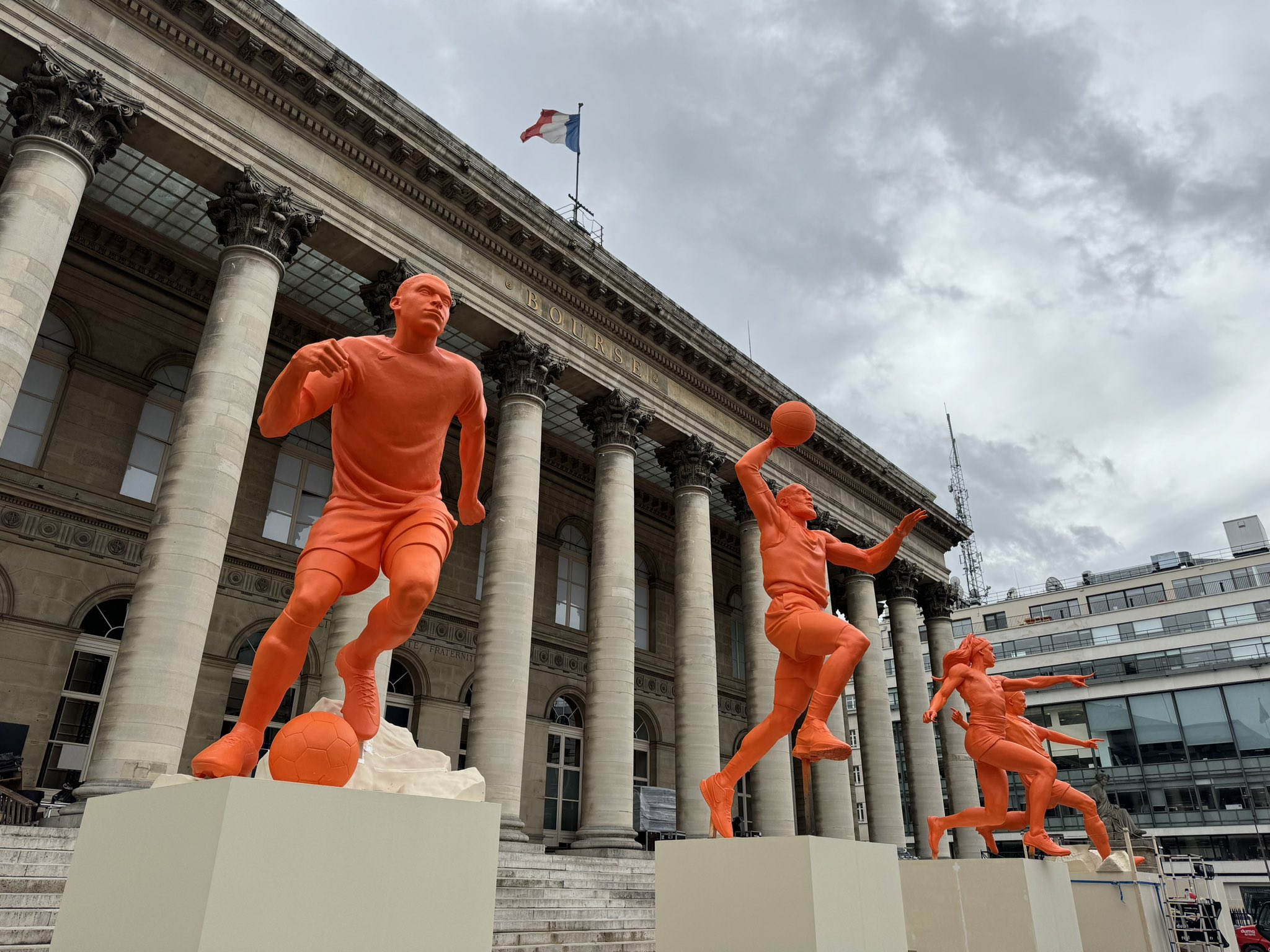
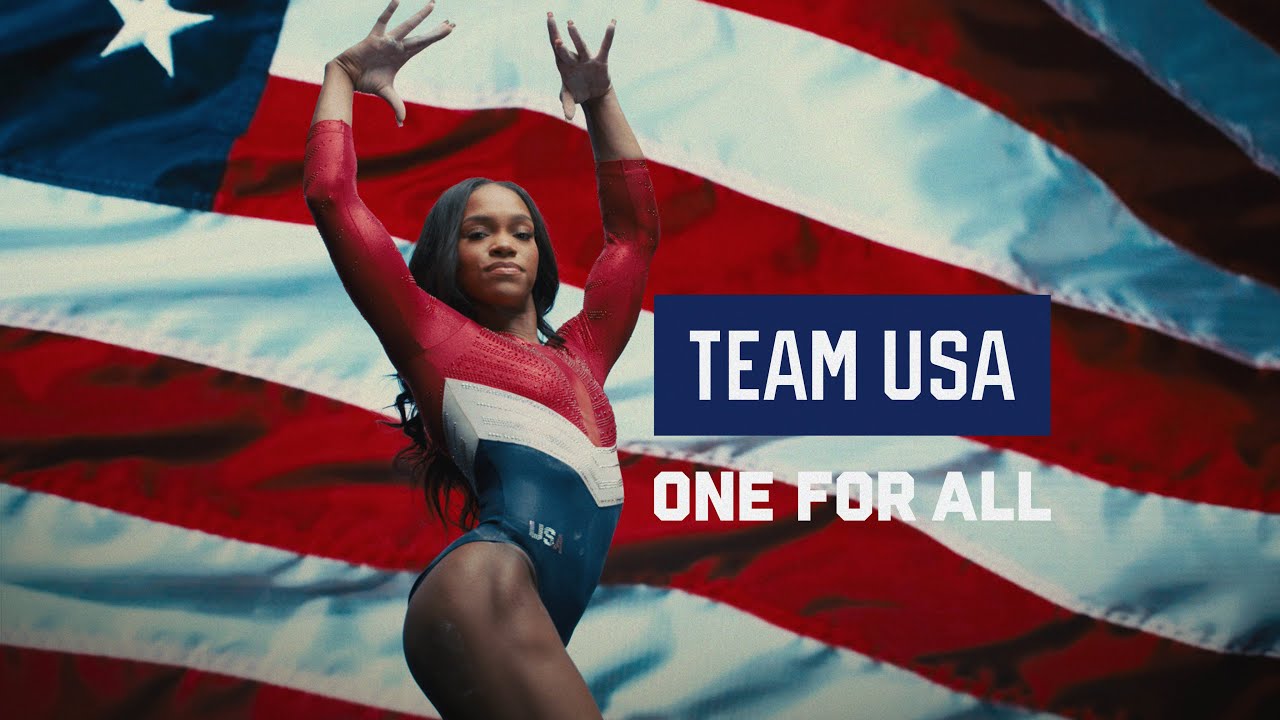
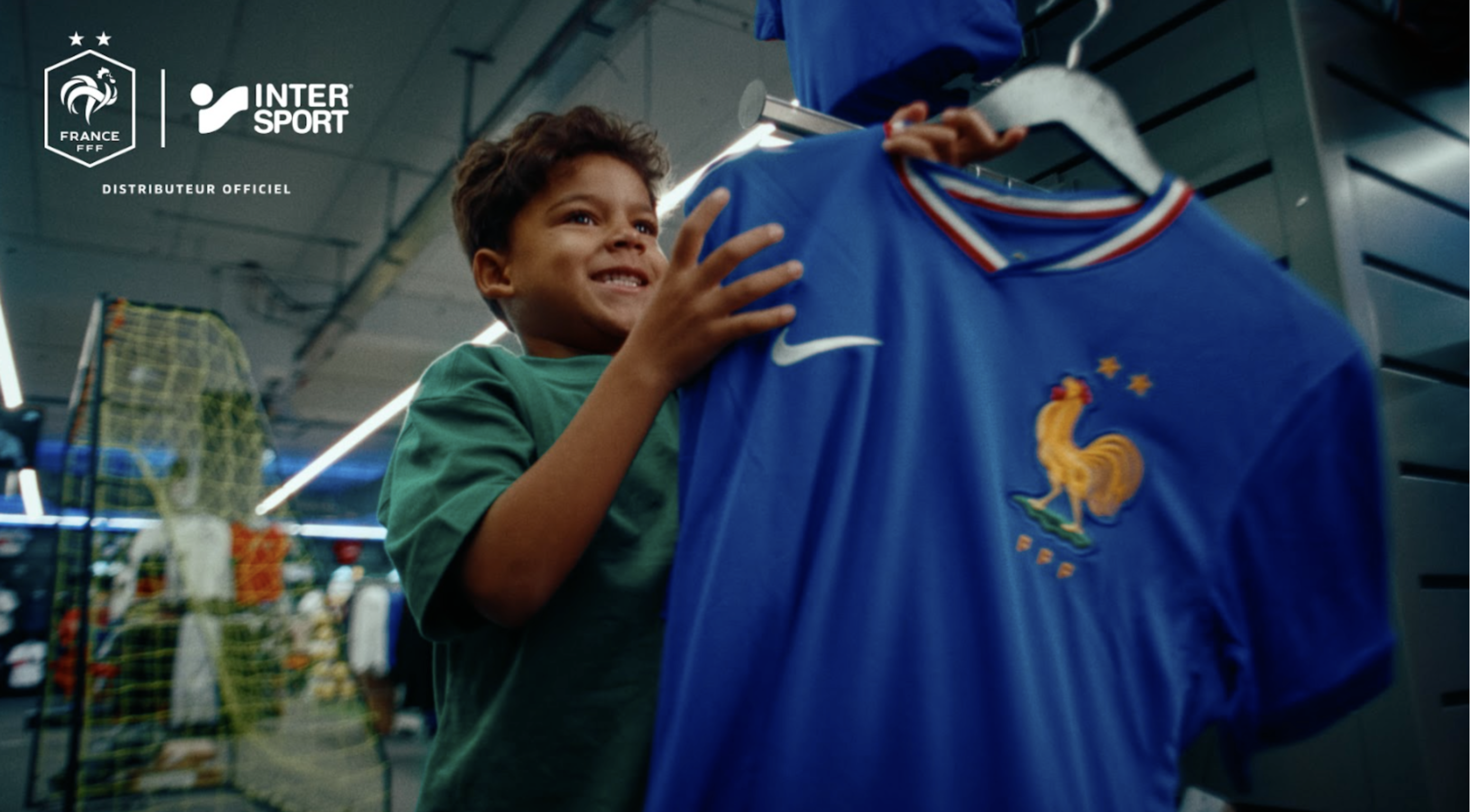
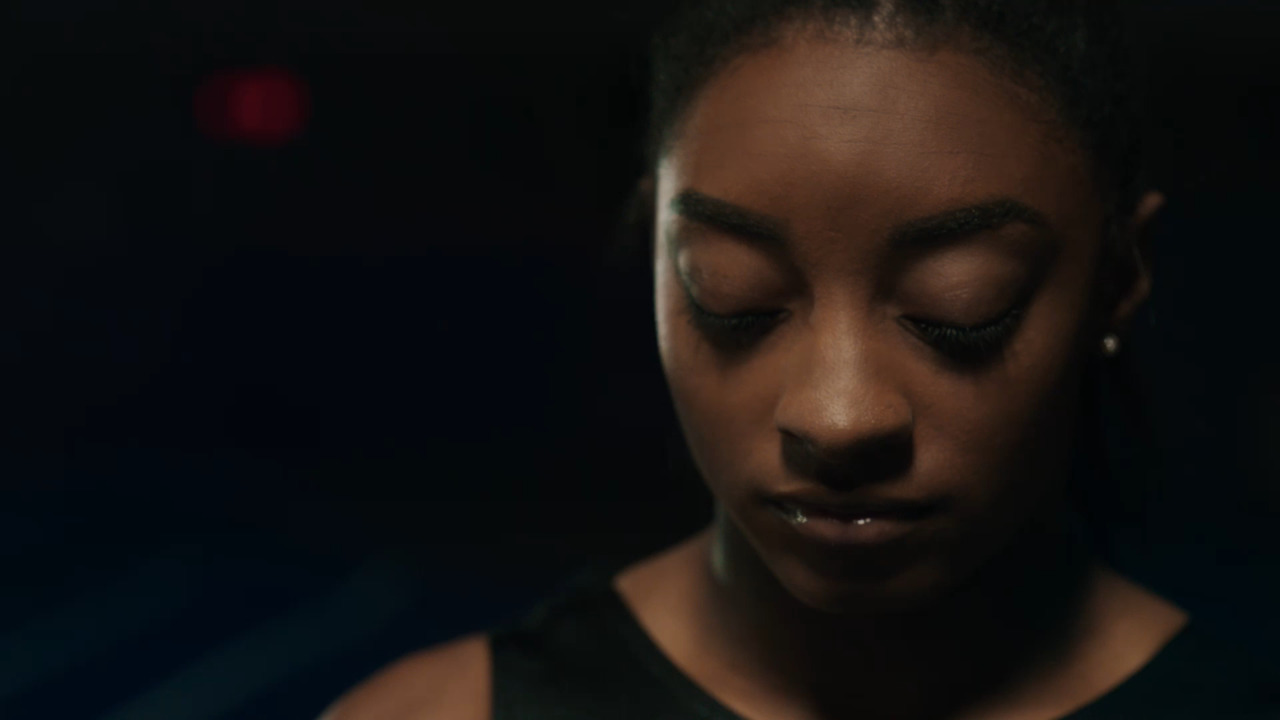
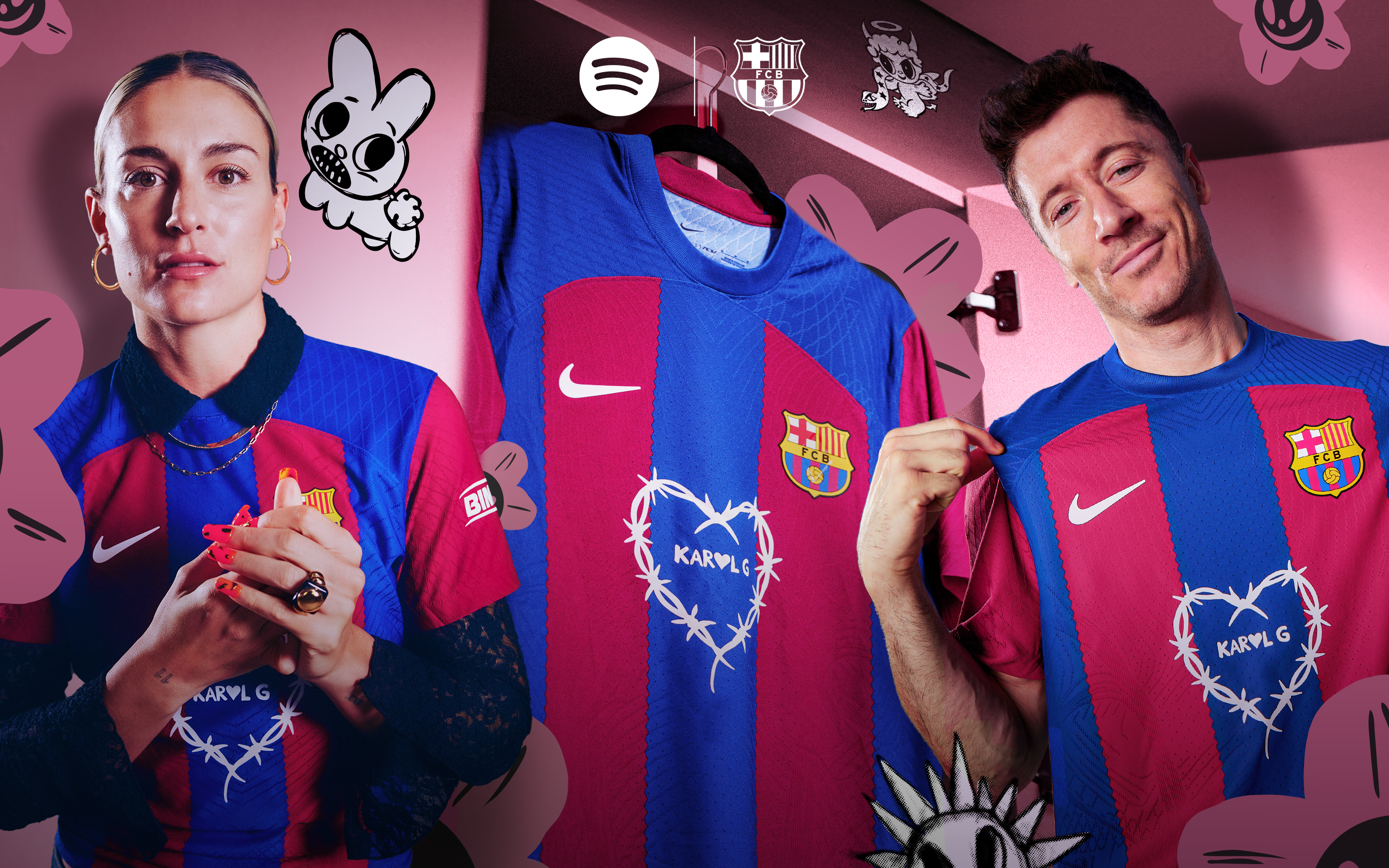
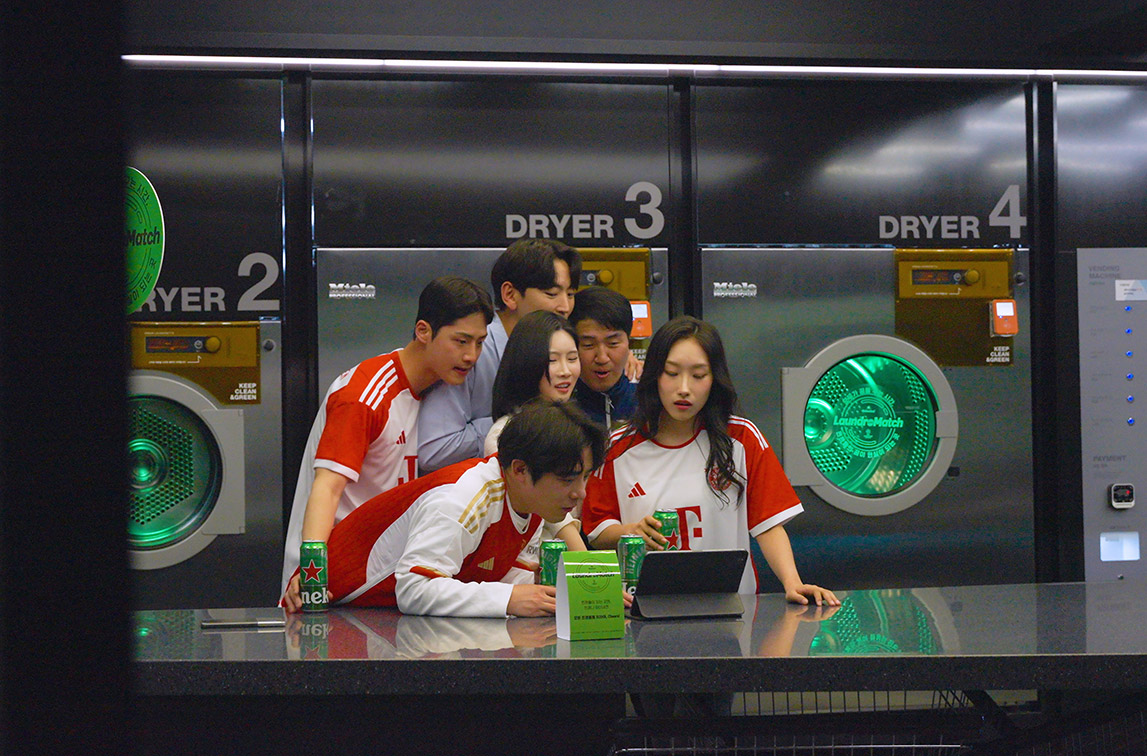
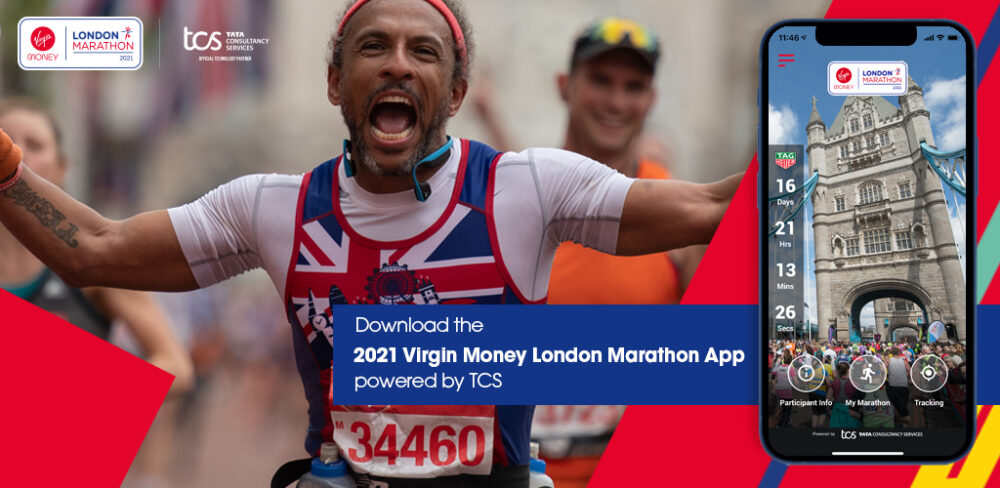
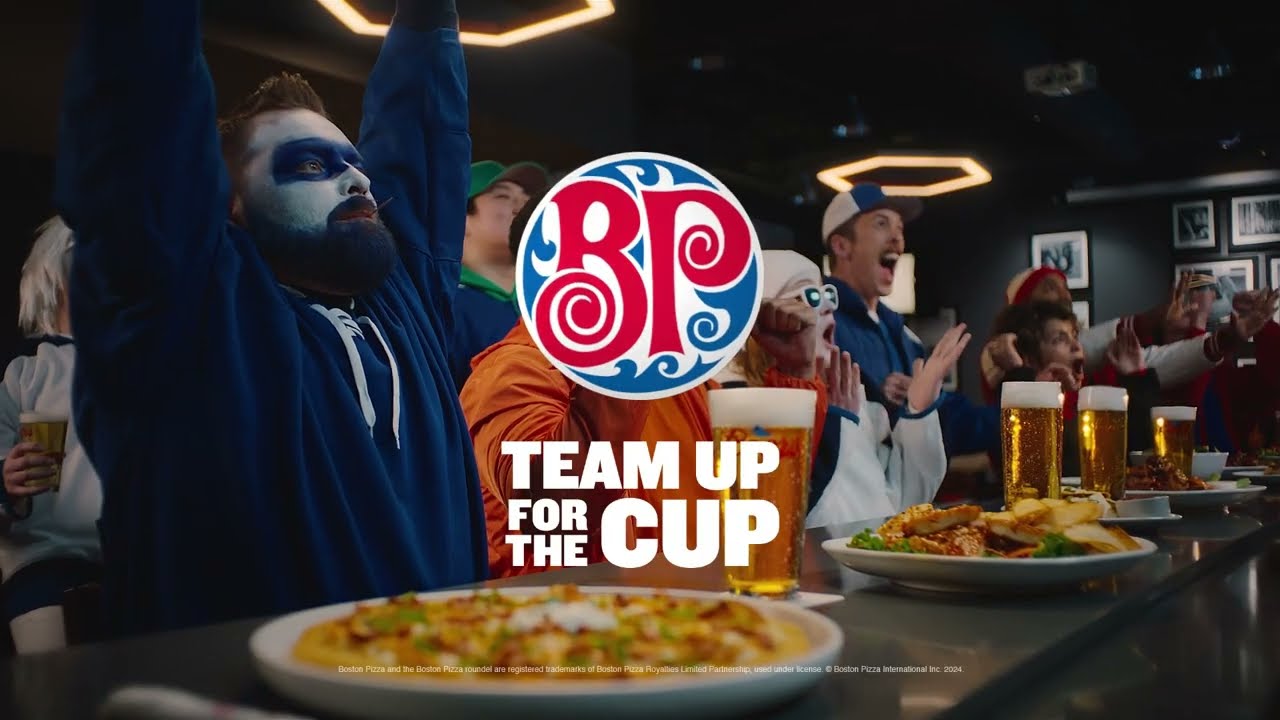
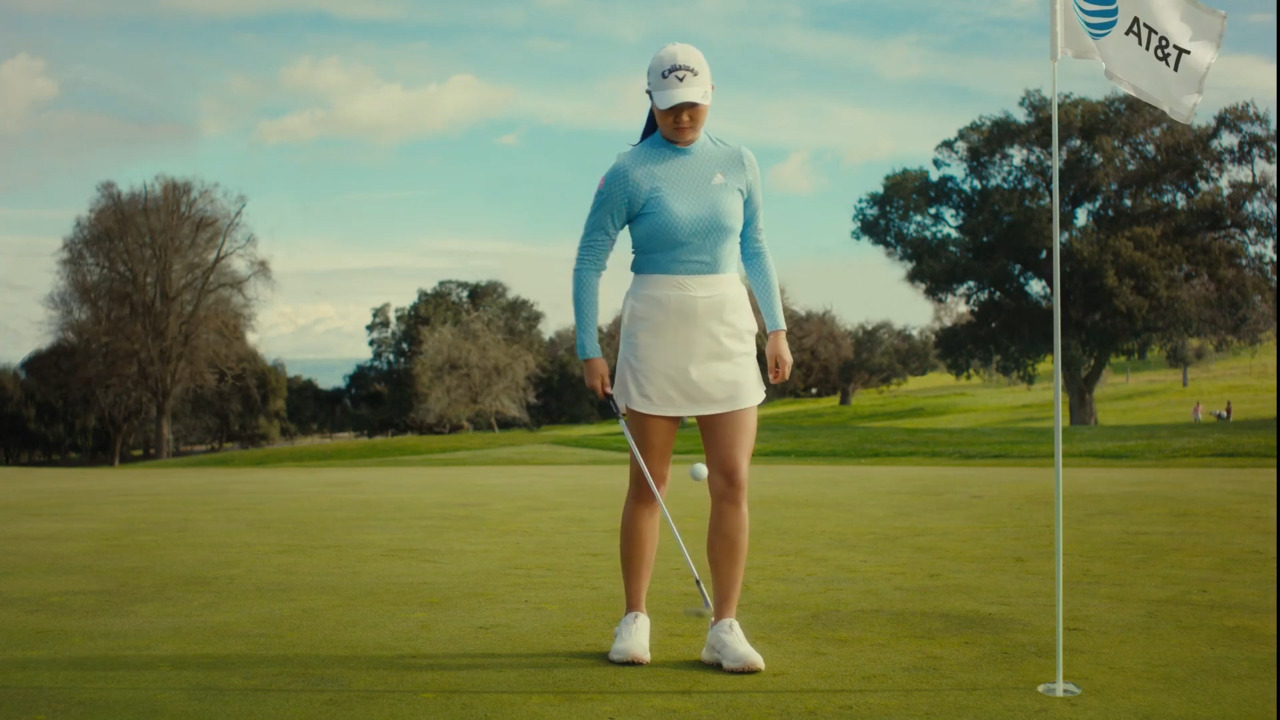
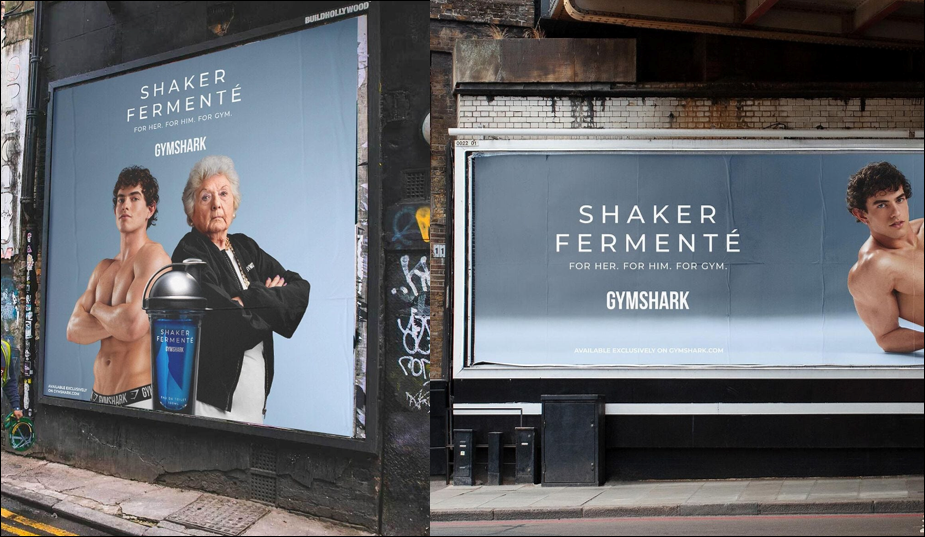
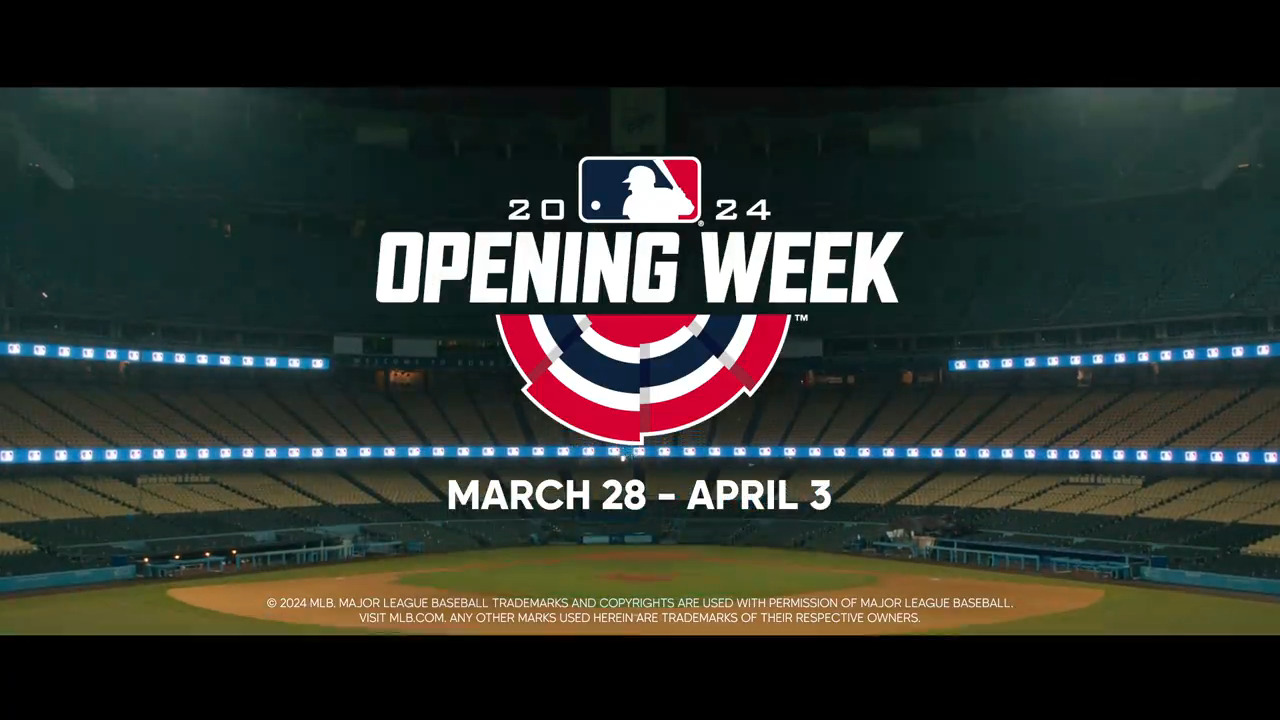
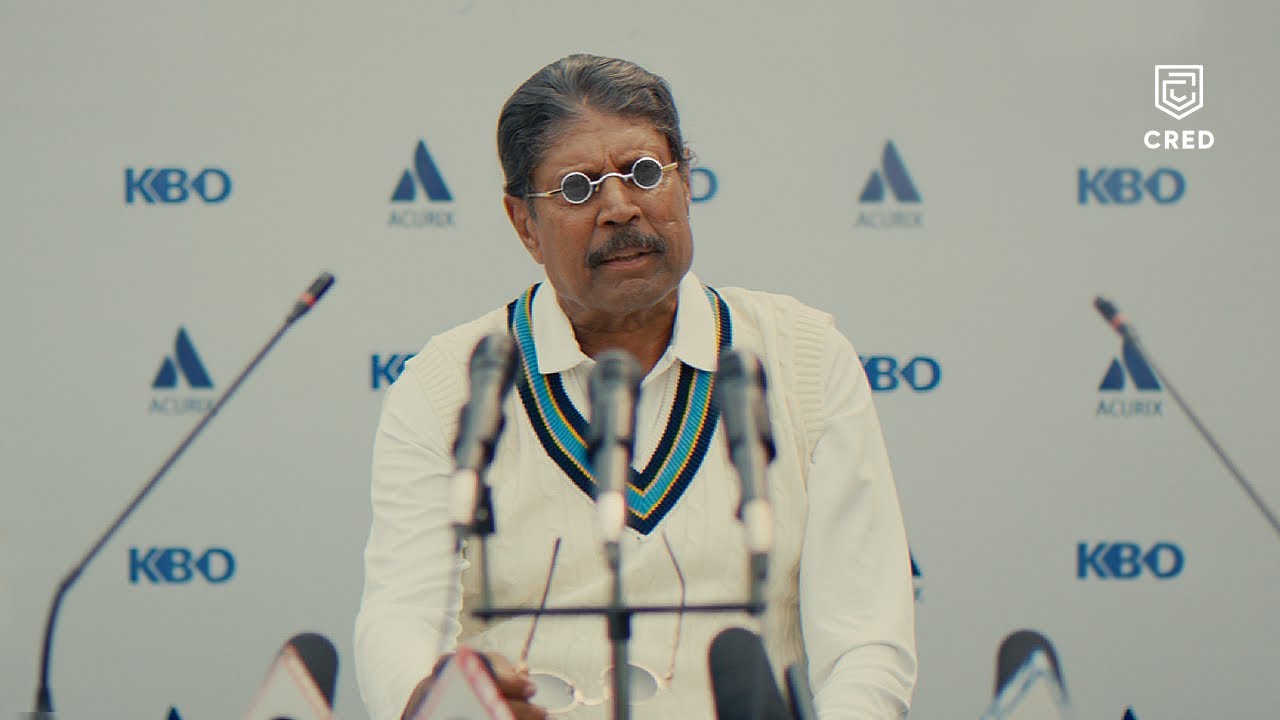
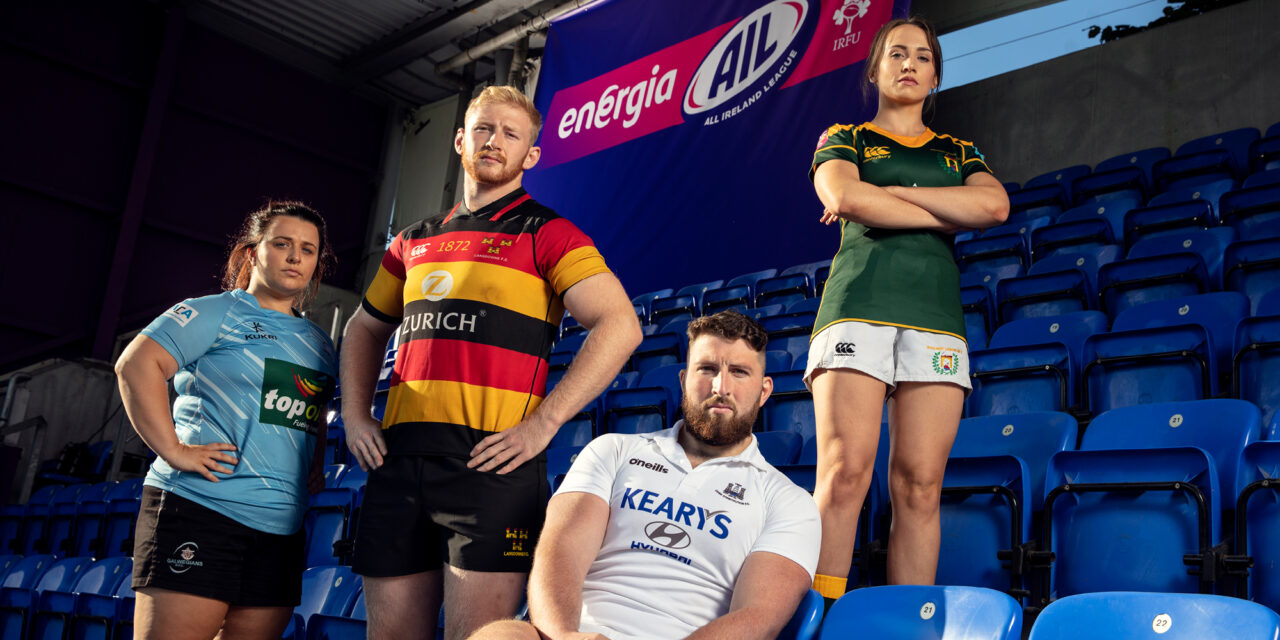
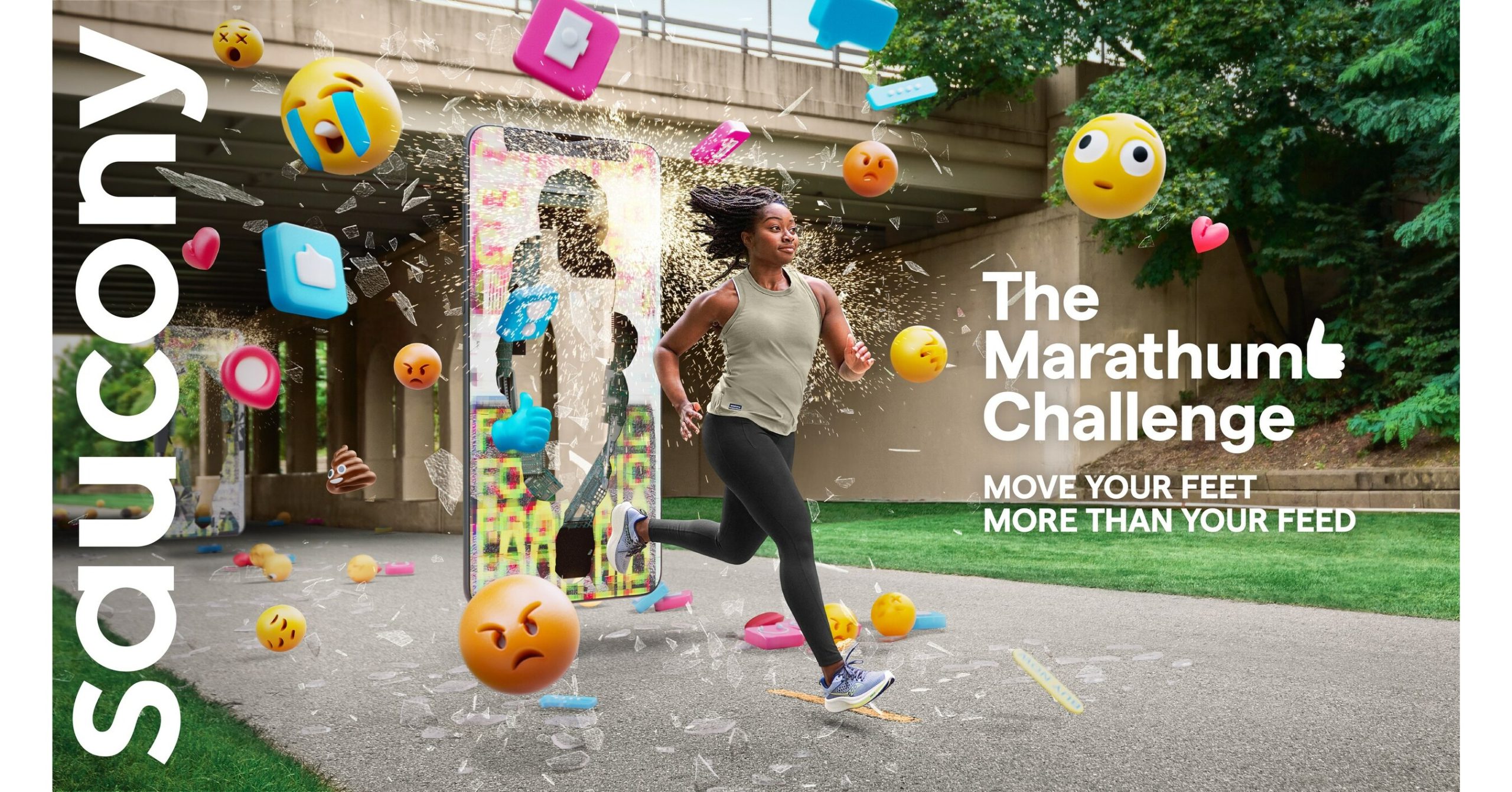

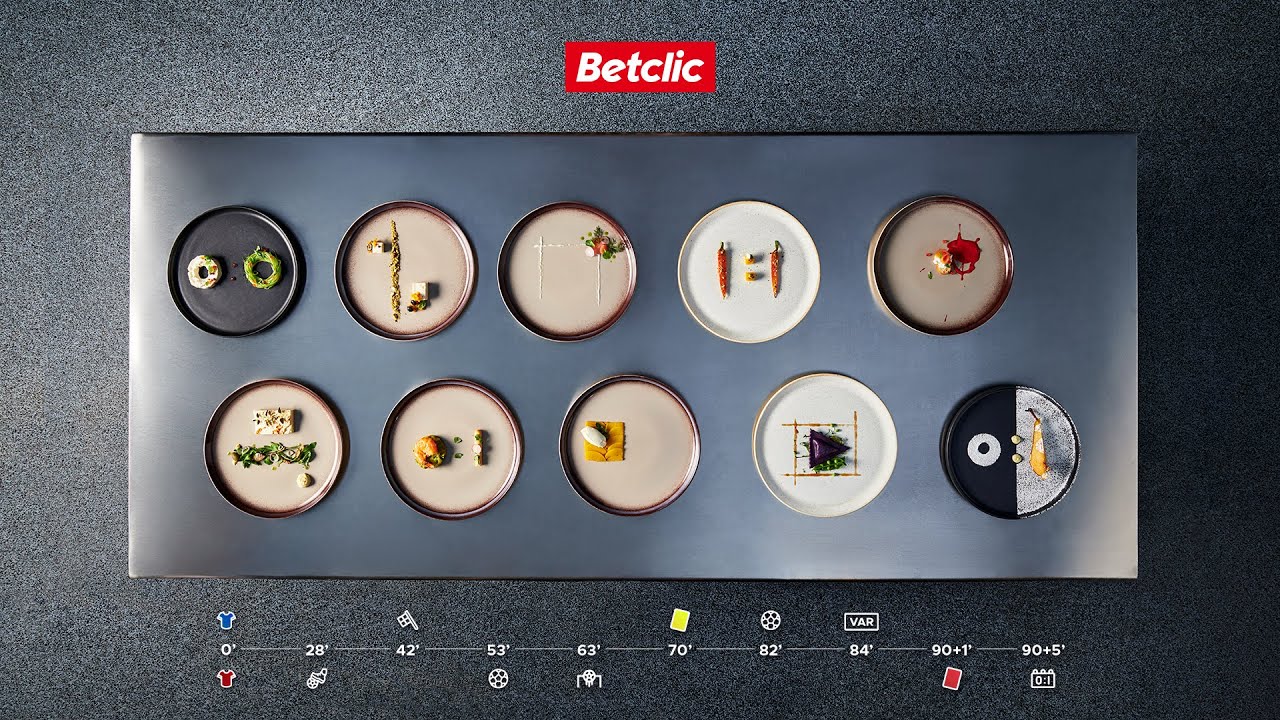

Leave a comment
You must be logged in to post a comment.